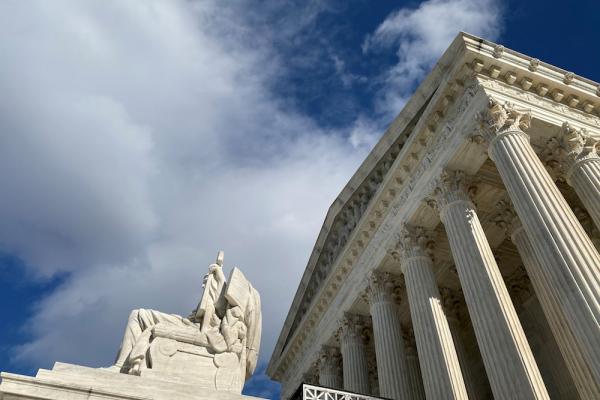Jan 27, 2020
The Supreme Court gave the go-ahead on Monday for one of President Donald Trump's hardline immigration policies, allowing his administration to implement a rule denying legal permanent residency to certain immigrants deemed likely to require government assistance in the future.
Read the Full Article

Already a subscriber? Login
